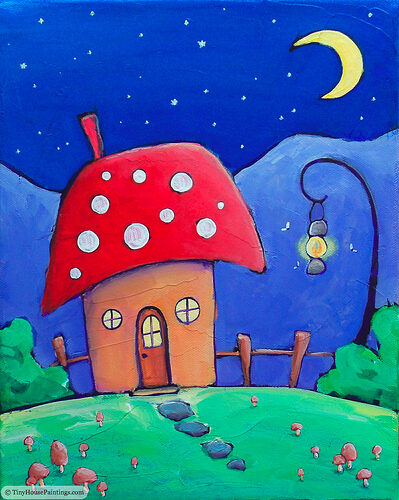Shannon Des Roches Rosa squidalicious.com Leo making me make fart noises, because that is never not funny to him. [image: Photo of the author’s teen son squeezing her cheeks so she will make a raspberry sound with her mouth. Both are wearing hats, outdoors.] Last week my son Leo and I had a pleasant arm-in-arm walk* around a fancy shopping center while his sibling was at an appointment. We strolled past the coin collector’s shop and the jodhpurs boutique, then popped into the housewares store—just in case they had any unintentionally awesome fidget toys (which, being gadget central, of course they did). Finding delight in utilitarian objects is part of what being autistic means for my son. Another part is being a traveling one-person party. I go with his flow, as long as he’s not being disruptive. So as we wound our way past the store’s racks of remarkably specialized cooking…
Tag: HCBS
Spectrum Disordered www.facebook.com/asdisordered We’ve all heard or experienced horror stories about accessing services and supports. Often the idea of receiving services for people with intellectual and developmental disabilities (I/DD), including autism, conjures up images of institutions—visions of Willowbrook. Or, ideas of what is “optimal” for us look like segregated lives, or “intentional” communities where the true intent is to lump us together under the guise of “keeping us safe.” Regularly, the idea of seeking supports to live in one’s daily life carries an expectation that the cost will be any and all independence and autonomy in having positive control over that life. These fears are rooted in fact and truth, both of how things were and in some cases, continue to be. But that does not mean they are a universal truth! There are a lot of really great disability support providers out there! Unfortunately, there are also plenty of…
Painting © Tracy Booth | Creative Commons/Flickr [image: Painting of a tiny home with a red roof with white spots, and a lantern, under a crescent moon] Many of our U.S.-based community members, including parents and caregivers, want guidance and clarity about how the impending Home and Community Based Services (HCBS) Settings rule will affect both adult housing choices and adult day programs. So, we spoke with policy expert Julia Bascom, Executive Director of the Autistic Self Advocacy Network, who explained in plain conversational language how exactly the new HCBS Settings rules will affect housing options, how some common misunderstandings about the rule happen, and why the rule is essentially about trying to ensure adults with disabilities have the same basic rights as non-disabled adults do. Thinking Person’s Guide to Autism: Why was the rule enacted in the first place? Julia Bascom: The HCBS Settings Rule sets ground floor, baseline…
